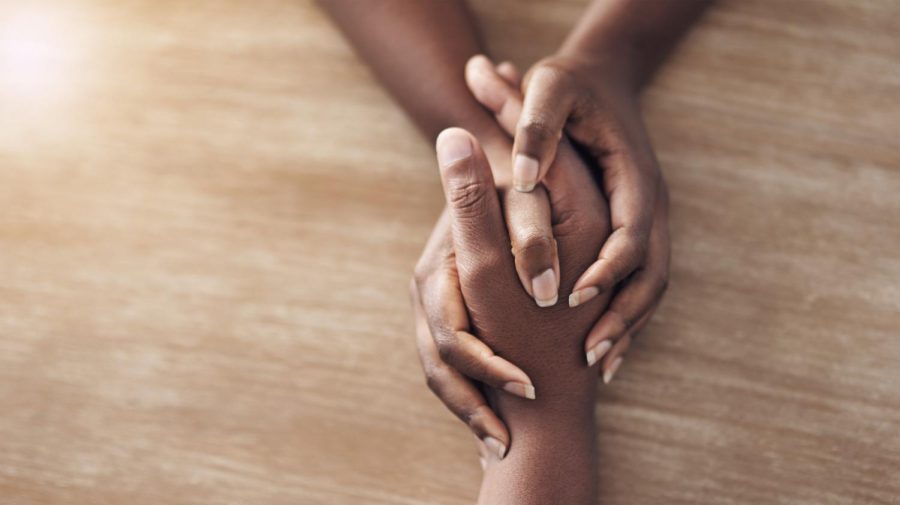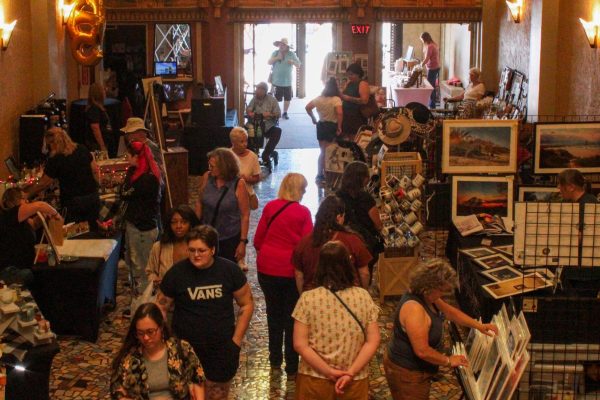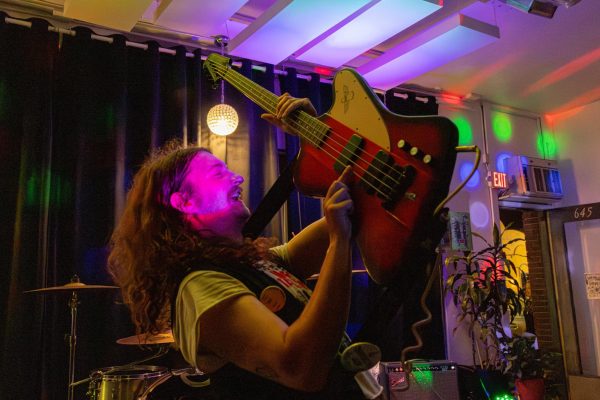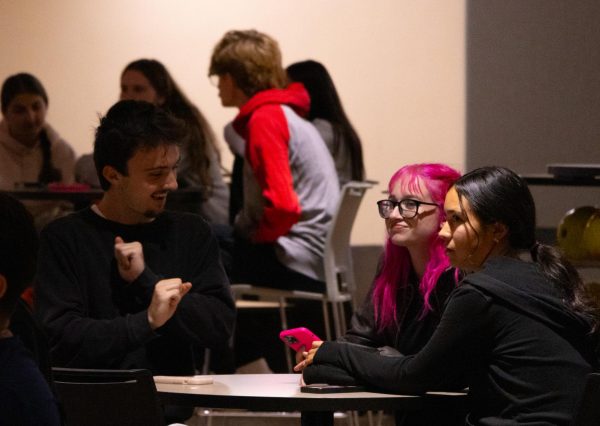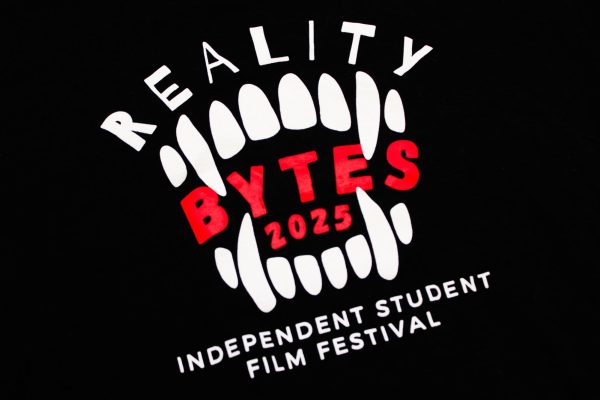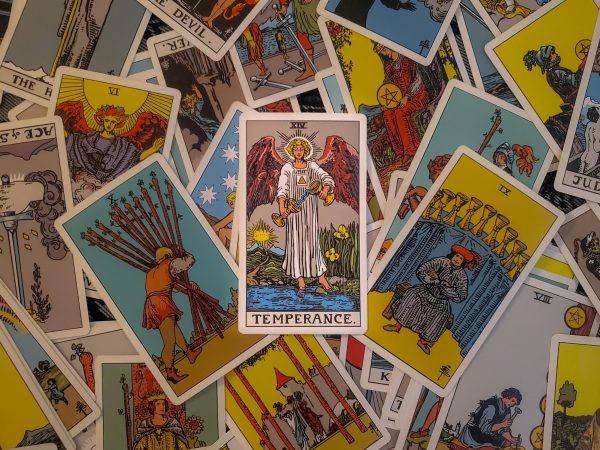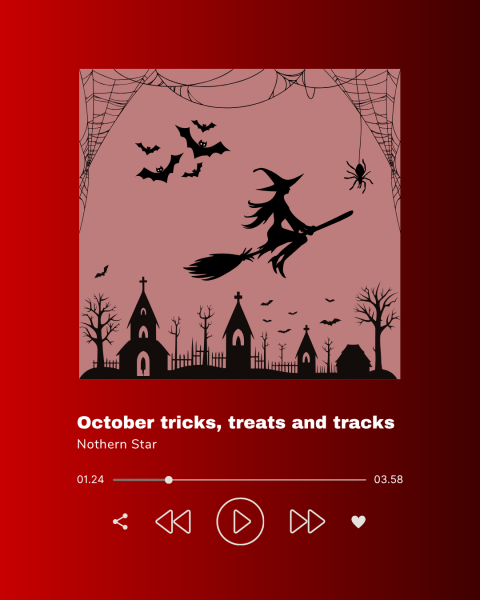Mental health among the Black community
There seems to be a lot of buzz around the topic of mental health lately, especially during the pandemic and the rise of virtual learning. While our society seems to be warming up to the idea that it’s OK to not be OK, some communities seem to be falling behind the curve.
The Black community and mental health have not always had the best relationship with each other, to say the least. According to a study by the Mental Health Association of America, only 16% of African Americans reported having a mental illness, and in 2018, only 50.4% of Black people that reported their mental illness were treated for it.
The statistics seem pretty grim if you just look at the numbers, but beyond that, the numbers call for a deeper analysis of what is going on in Black communities that are leading to this outcome.
Affordable healthcare and the access to it has always been a point of contention among the Black community. Black people are on average poorer than other groups and are more likely to fall into coverage gaps, being not poor enough to qualify for aid but not rich enough to pay for services.
Arguably the biggest blind spot to mental health is the lack of cultural awareness from mental health professionals. Black culture has its own separate values and identity and there are some therapists who often do not identify with and don’t understand.
“I can say that fear of being misunderstood or having my feelings and experiences invalidated has played a part in my own treatment seeking in the past,” said Chyna Dubcelt, a psychology professor at NIU.
On the other hand, it is becoming increasingly apparent that there is a problem in the Black community with addressing the existence and severity of these issues.
“Mental health issues have been associated with weakness and lack of faith for a long time and these attitudes have hampered the perception of mental illness and psychiatric treatment,” said Calvin Jackson, a junior psychology major and president of ABPSI (Association of Black Psychologists). This can be detrimental for Black men in particular who feel like they need to uphold a certain image to be accepted.
This is a problem because Black people have a lot of unique stressors that other groups do not have to face such as racism that creates a lot of pent-up stress and trauma. This can negatively affect not only personal health but the way Black people interact with others, and especially children onto whom they can pass their traumas.
One sophomore who asked to be kept anonymous said, “When I came to my mother about my struggles with depression, she wouldn’t listen to me at all; it felt like an uphill battle.”
Mental health can seem daunting for those of us in the community, but ignoring it and ostracizing people is not how we get better. While the healthcare system needs to re-evaluate its approach, there’s a lot we still can do to help mental health in the Black community: things like listening to loved ones if they open up to you, encouraging friends to talk to a professional and most importantly, seeking help yourself.
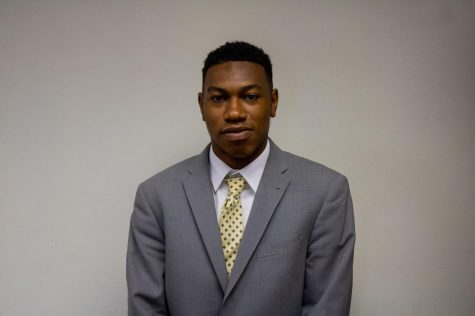
He joined the Northern Star as a lifestyle reporter in Fall 2021 and transitioned to the opinion section in Fall 2022.
Outside of the Star, Quade is on the executive boards of Black Male Initiative and the Association of Black Psychologists (ABPSI).
In his free time, Quade is an avid fan of anime and manga and enjoys reading fantasy novels and history books. He also enjoys writing poetry or script writing.


